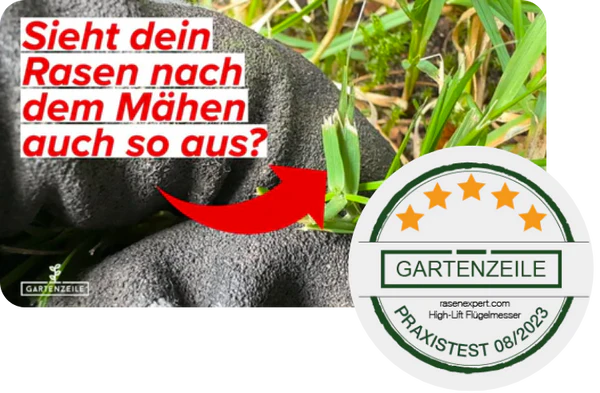A beautiful and healthy garden is the goal of many hobby gardeners. Unfortunately, pests such as insects, fungi and rodents can threaten the plants. In this blog article, you will learn how to effectively combat pests and protect your garden.
Identification of pests:
Learn about the most common pests in your area and their symptoms. Accurate identification is the first step to control them.
Preventive measures:
To prevent pest infestation in the garden, the following measures are particularly effective:
Healthy soil: Healthy soil forms the basis for healthy plants. Make sure the soil structure is balanced and the nutrients are optimal. Regularly add compost or organic fertilizer to the soil to maintain fertility.
Select resistant varieties: Before you plant plants in your garden, find out about their pest resistance. Choose varieties that have natural defenses against pests. These plants are less susceptible to infestation and require fewer chemical treatments.
Mixed cropping and crop rotation: Mixed cropping and crop rotation can help you reduce pest infestation. Plant different plants next to each other that support each other and keep pests away. Also change the locations where certain types of plants are grown to prevent pests from having a permanent source of food.
Garden hygiene: Keep your garden clean and free of weeds, dead plant debris and other pest attractions. Remove fallen leaves regularly to prevent the spread of fungi and pests.
Watering and drainage: Make sure your plants are watered properly. Excess moisture can encourage pest growth. Make sure your garden has good drainage to avoid waterlogging.
Pest-resistant companion plants: Plant pest-resistant companion plants in your garden. These plants can act as natural barriers or attractants to deter pests from your main plants.
By implementing these preventative measures, you will strengthen the garden and reduce the risk of pest infestation. A healthy garden with resilient plants has a better chance of warding off pests and maintaining a robust plant population.
Natural pest control:
Natural pest control methods offer an environmentally friendly alternative to chemical pest control. Various home remedies can be effective in deterring pests. For example, a mixture of water and neem oil can be used against aphids, mites and other insects. Soap solutions are also a popular method of controlling insects.
In addition, natural enemies of pests such as beneficial insects (e.g. ladybirds against aphids) can also successfully combat pests.
Chemical pest control:
Chemical pest control involves the use of chemical preparations to control pests in the garden. These preparations contain active ingredients that can specifically target certain pests and kill them or inhibit their reproduction. It is important to carefully follow the instructions on the products and observe safety precautions to ensure effective and safe use.
Chemical pest control can be fast-acting and may be necessary in some cases when other methods are not sufficient, but it should be used with caution and discretion to minimize environmental impacts.
Conclusion:
Finally, it is important to emphasize that comprehensive pest control requires a combination of strategies. By taking preventative measures, using natural pest control methods, and regularly monitoring your garden, you can maintain healthy plant populations and minimize pest infestations.
You can find more detailed information and tips in our other articles on lawn care .





